Port Consol. v. Int’l Ins. Co. of Hannover
Court Type : Appellate
State : Florida
Case Date : 01/01/2020
Port Consol. v. Int'l Ins. Co. of Hannover, 2020 U.S. App. LEXIS 28696
In the case of Port Consolidated, Inc. v. International Insurance Company of Hannover, PLC., the United States Court of Appeals for the Eleventh Circuit affirmed the district court's order granting summary judgement in favor of International Insurance Company of Hannover, PLC, (hereinafter "InterHannover"), on Port Consolidated, Inc.'s (hereinafter "Port") breach of contact claim as well as the district court's final order dismissing the remaining counts of Port's complaint and final judgement in favor of InterHannover.
Background:
Port is a fuel distribution company that operates cardlock fuel facilities. Cardlock facilities are unattended fueling facilities at which only authorized customers with a preexisting contractual relationship can pump gasoline and diesel fuel. These authorized customers receive a "CFN card," to be used to pump fuel at a cardlock facility. When a customer uses a CFN card at a cardlock facility, a computer system records information about the transaction, which is used to generate a weekly invoice that is issued to the customer. Customers can request restrictions on their CFN cards, including limits on the gallons of fuel to be pumped per transaction, the frequency of transactions, and the hours during which fuel may be pumped. These restrictions are "pegged" to the CFN card so that the facility's computer system can enforce the restrictions.
In February 2015, Port discovered an unexplained fuel inventory shortage. Following an investigation, Port concluded that an incorrectly programmed setting on its fuel pumps at the company's Garden Road facility, had not enforced the CFN card 75 gallon fuel limitation requested by Port customer Allied Trucking of Palm Beach (hereinafter "Allied"). The incorrect programming allowed Allied's affiliated drivers, to exceed the fuel limitation by up to an extra one hundred gallons. Although the gallon limitation was being exceeded, Port only invoiced Allied for seventy-five gallons per transaction. According to Port, Allied's affiliated drivers engaged in thousands of fuel-dispensing transactions during 2014 and early 2015 at Port's Garden Road Facility exploiting the programming error to steal fuel. The fuel shortages at the Garden Road Facility ended after the programming error was corrected. Port invoiced Allied for the extra fuel taken by its drivers, and Allied refused to pay.
Coverage Discussion:
InterHannover issued a commercial property insurance policy (the "Policy") to Port, effective from January 1, 2014, to January 1, 2015. Under the Policy, InterHannover provides coverage for "direct physical loss to covered property at a 'covered location' caused by a covered peril," subject to a deductible. As to the deductible, the Policy specifically states that "[InterHannover] pay[s] only that part of 'your' loss over the deductible amount stated on the 'schedule of coverages' in any one occurrence," and the schedule of coverages form provides that the per occurrence deductible is $1,000. The Policy's general definitions section does not contain a definition for "occurrence." The supplemental coverages endorsement of the Policy, however, contains three separate definitions of "occurrence": one for "Terminal Access Card" supplemental coverage, one for "Money and Securities" supplemental coverage, and one for "Employee Dishonesty" supplemental coverage.
On February 19, 2015, Port filed a claim under the Policy for the loss resulting from the allegedly stolen fuel. Following InterHannover’s denial of coverage, Port filed a Complaint against InterHannover asserting claims for: (1) declaratory judgment entitling it to coverage under the Policy; (2) breach of contract; (3) reformation of the Policy to include "blanket coverage"; and (4) declaratory relief regarding coverage limits, including whether there was a blanket policy limit for Port's loss of fuel contents.
On June 11, 2018, InterHannover moved for summary judgment, arguing that Port was not entitled to coverage because the alleged thefts were expressly excluded under the Policy and that each alleged theft was a separate occurrence that did not exceed the Policy’s $1,000 deductible.
District Court Decision:
The district court granted InterHannover's motion for summary judgment observing that, "absent contrary language in the policy, each act of fuel theft was a discrete occurrence for insurance purposes." Reviewing the Policy, the district court rejected Port's argument that the specific definition of "occurrence" used in three sections of the supplemental coverages endorsement governed the entire Policy. The district court also rejected Port's alternative argument that the Policy was ambiguous under Florida law. The Court found although occurrence was not defined in the policy, did not encompass the grouping together of "discrete incidents with separate immediate causes" as a single occurrence. The Court stated, "[t]he fact that an alternative definition of occurrence is found in some segments of the Policy dealing with particular kinds of losses should not be read to make the meaning of occurrence in the rest of the Policy ambiguous." Noting that it was undisputed that Port's losses from each individual act of theft did not exceed the Policy's deductible, the district court found that InterHannover was not required to cover Port's losses and granted summary judgment in favor of InterHannover on Port's breach of contract claim.
Appeal:
In the appeal, Port argued that the district court erred in granting summary judgment in favor of InterHannover by concluding that the alleged fuel thefts constituted multiple "occurrences" under the Policy and that those thefts did not exceed the Policy's deductible. Port contended that, under Florida law, all of its losses should be construed as a single "occurrence". Port argued that alternatively, that there is a disputed issue of material fact as to the definition of "occurrence" within the Policy that precluded summary judgment in favor of InterHannover. In their arguments, Port noted that a definition of "occurrence" was contained within three sections of the supplemental coverages endorsement ("Terminal Access Card" coverage, "Money and Securities" coverage, and "Employee Dishonesty" coverage), each defining "occurrence" to include multiple or "a series" of either unauthorized uses or actions. Port asserted that the definitions for occurrence found in the supplemental coverage either should be applied to the Policy as a whole or demonstrate an ambiguity in the Policy exists that should be interpreted in Port's favor. The Court found Port's arguments to be without merit.
In their decision, the court stated,
"Under Florida law, a contract should not be read so as to make one section superfluous, and so all the various provisions of a contract must be so construed. . i.e., not "interpreted in such a way as to render a provision meaningless when there is a reasonable interpretation that does not do so." Here, the Policy only defines "occurrence" to include multiple or a "series" of acts or unauthorized uses within a portion of the supplemental coverages endorsement. Determining that specific definitions of "occurrence" within certain supplemental coverages govern the entire Policy would render the absence of "occurrence" from the core Policy's general definitions section meaningless. Rather, the reasonable interpretation of the Policy as a whole is that the parties specifically expanded the scope of “occurrence" to include a series of actions if, and only if, a claim was made under those specific supplemental coverage provisions. An ambiguity is not invariably present when a contract requires interpretation. The failure to define a term involving coverage does not necessarily render the term ambiguous. Thus, the fact that "occurrence" is defined in sections of the supplemental coverage endorsement, but not in the Policy's general definitions section, does not make the term ambiguous."
The Court went onto rule,
"Because the Policy is not ambiguous and there is no 'clear language to the contrary,' we find that, under Florida law, an "occurrence" under the Policy is defined by the immediate injury-producing act. Here, the immediate injury-producing acts consist of numerous alleged fuel thefts by several of Allied's affiliated drivers from different fuel dispensers at the Garden Road Facility on different days over the course of a year. Because each alleged fuel theft was an act separated and distinguishable in time and space, we find that each alleged act of fuel theft constituted a separate "occurrence" under the Policy"
Turning to the issue as to whether any of the occurrences exceeded the Policy's $1,000 deductible, since it was undisputed that the price of fuel at the time the alleged thefts occurred did not exceed four dollars per gallon and that the additional gallons of stolen fuel per transaction did not exceed one hundred gallons, the court concluded that none of Port's losses exceeded the Policy's deductible and that InterHannover was not required to pay Port under the Policy for those alleged fuel thefts. Accordingly, the district court properly granted summary judgment in favor of InterHannover on Port's breach of contract claim.




